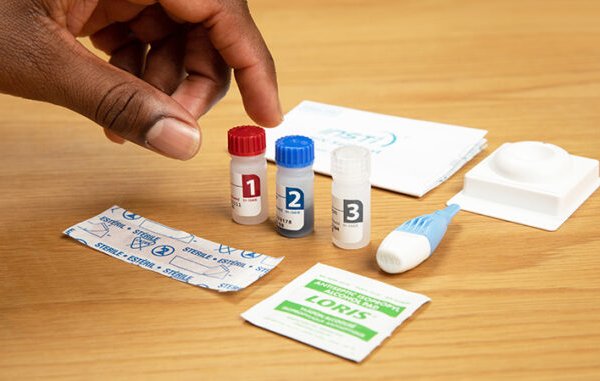Namibia’s Ministry of Health and Social Services has confirmed temporary shortages of paracetamol and HIV test kits, but reassured the public that swift measures are being implemented to stabilize supplies. The ministry explained that while some health facilities have experienced stock pressures, these are short-term challenges that are already being addressed through a combination of regional empowerment and national redistribution strategies.
To ease the situation, regional health facilities have been allocated increased buyout budgets, allowing them to procure essential medicines and supplies directly when needed. At the same time, national stock is being redistributed across regions to ensure that areas facing shortages receive immediate support. Officials emphasized that paracetamol remains available in limited quantities and that a shipment of three million units of paracetamol syrup is expected to arrive in mid-December, which will significantly boost availability. For HIV test kits, stagnant stock from regions with lower demand is being moved to areas where demand is higher, ensuring that testing services continue without interruption.
Executive Director Penda Ithindi highlighted that the ministry’s dual approach—short-term regional empowerment combined with long-term national procurement planning—is designed to safeguard public health and minimize disruptions. By giving regional facilities more flexibility and resources, the ministry aims to reduce delays and ensure patients continue to access vital medicines and diagnostic tools.
Although the shortages have caused concern among patients and healthcare providers, the government’s rapid response demonstrates its commitment to maintaining stability in the health system. The arrival of new shipments and the redistribution of existing stock are expected to ease pressure in the coming weeks, ensuring that Namibia’s healthcare facilities remain equipped to meet the needs of the population. This proactive management underscores the ministry’s determination to strengthen resilience in the health sector and protect the wellbeing of citizens.
